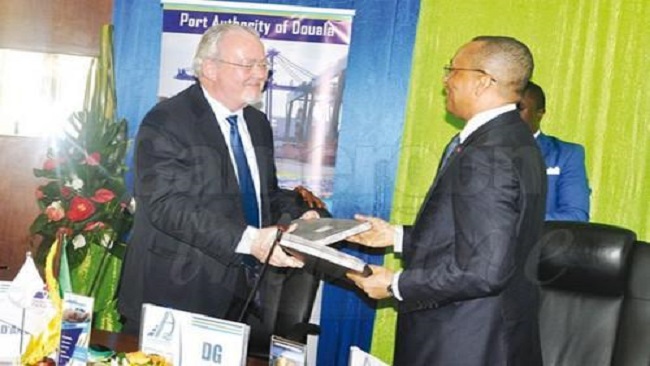11, July 2023
IMF says Cameroon is a fragile and conflict affected state 0
Cameroon’s recovery has continued, despite security concerns and external risks, including tight global financial conditions and increased oil price volatility.
Cameroon is a fragile and conflict affected state, with drivers of fragility ranging from insurgency and conflicts along its borders and in neighboring countries, to poor governance, social exclusion, and climate change.
Nevertheless, economic prospects remain positive in the medium term, provided reforms continue, and the external environment is supportive.
The three-year arrangements under the Extended Credit Facility (ECF) and the Extended Fund Facility (EFF) approved in July 2021 amount to SDR (Special Drawing Rights) 483 million (about US$689.5 million, or 175 percent of quota). Completion of the fourth review will allow a disbursement of SDR 55.2 million (about US$73.3 million).
Culled from the IMF


























19, July 2023
Biya regime heads back to the money market to raise CFAF10bln with 13-week securities 0
Cameroon opened, Monday (July 17), subscriptions to its 13-week treasury bills (T-bill) on the central bank BEAC’s money market. The subscriptions, which will close today (July 19), aim to fetch the country a CFAF10 billion envelope to pay off a CFAF8 billion debt contracted 26 weeks earlier.
This new fund-raising follows Cameroon’s first major success in that market since January 2023. Indeed, after several unsuccessful operations, on July 10, at the end of a 26-week T-bill issue, the country attracted CFAF54.5 billion in subscriptions, higher than its CFAF50 billion target.
To keep the weighted average interest rate at 5%, the country retained just CFAF49 billion. It is worth noting nevertheless that to attract investors, Cameroon agreed to a 5% interest rate on its short-term securities, which is the same rate it was offering for 4-year bonds ten days earlier. The rate is higher than the 3% it used to offer investors for the same type of security in the same market.
To succeed in its fundraising operations, Cameroon is adapting to the generalized rise in interest rates in that market following the tightened monetary policy adopted by the BEAC. It will surely do the same for the ongoing issue.
Source: Business in Cameroon